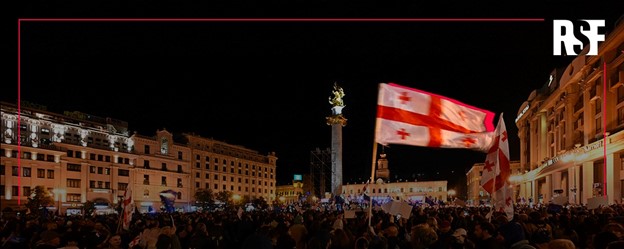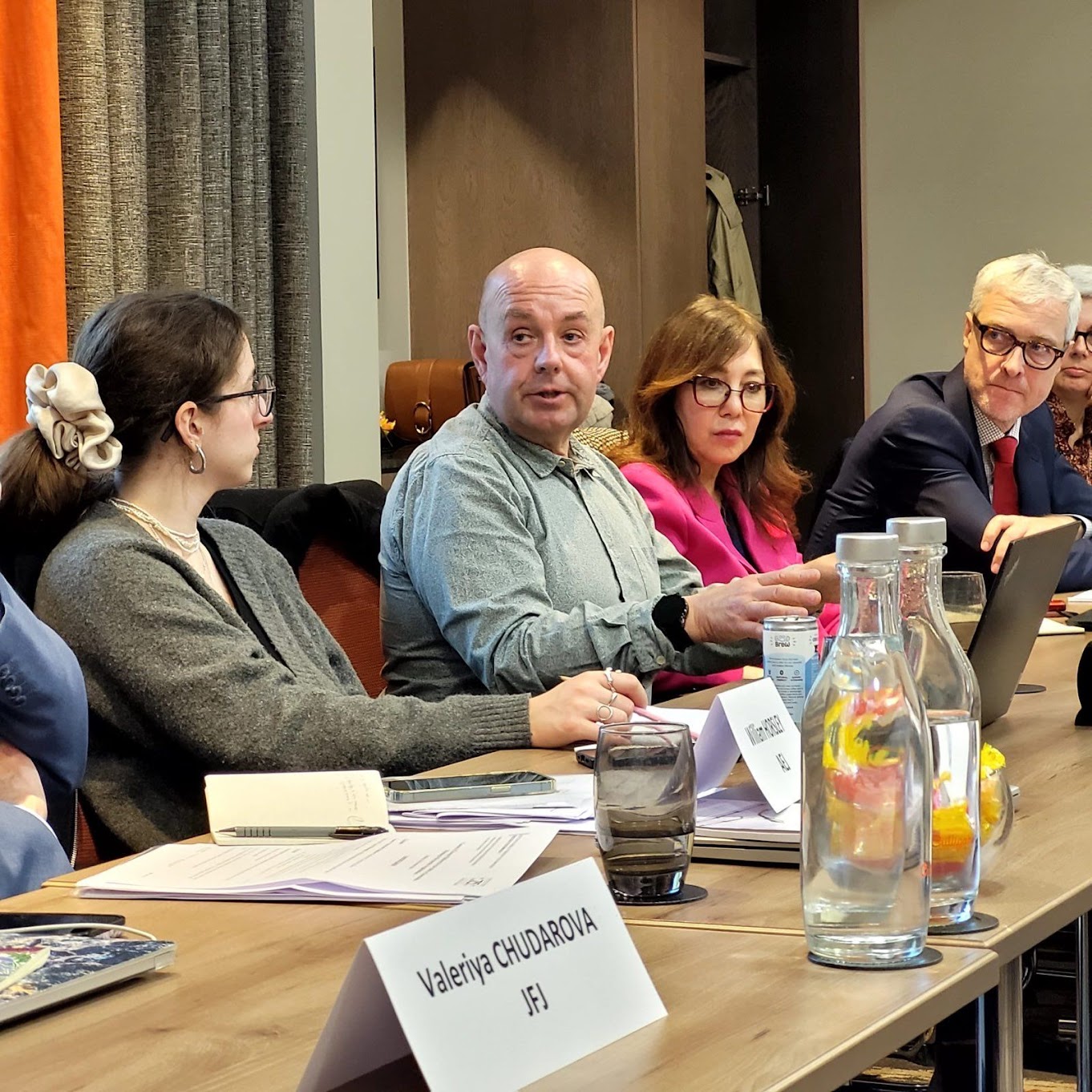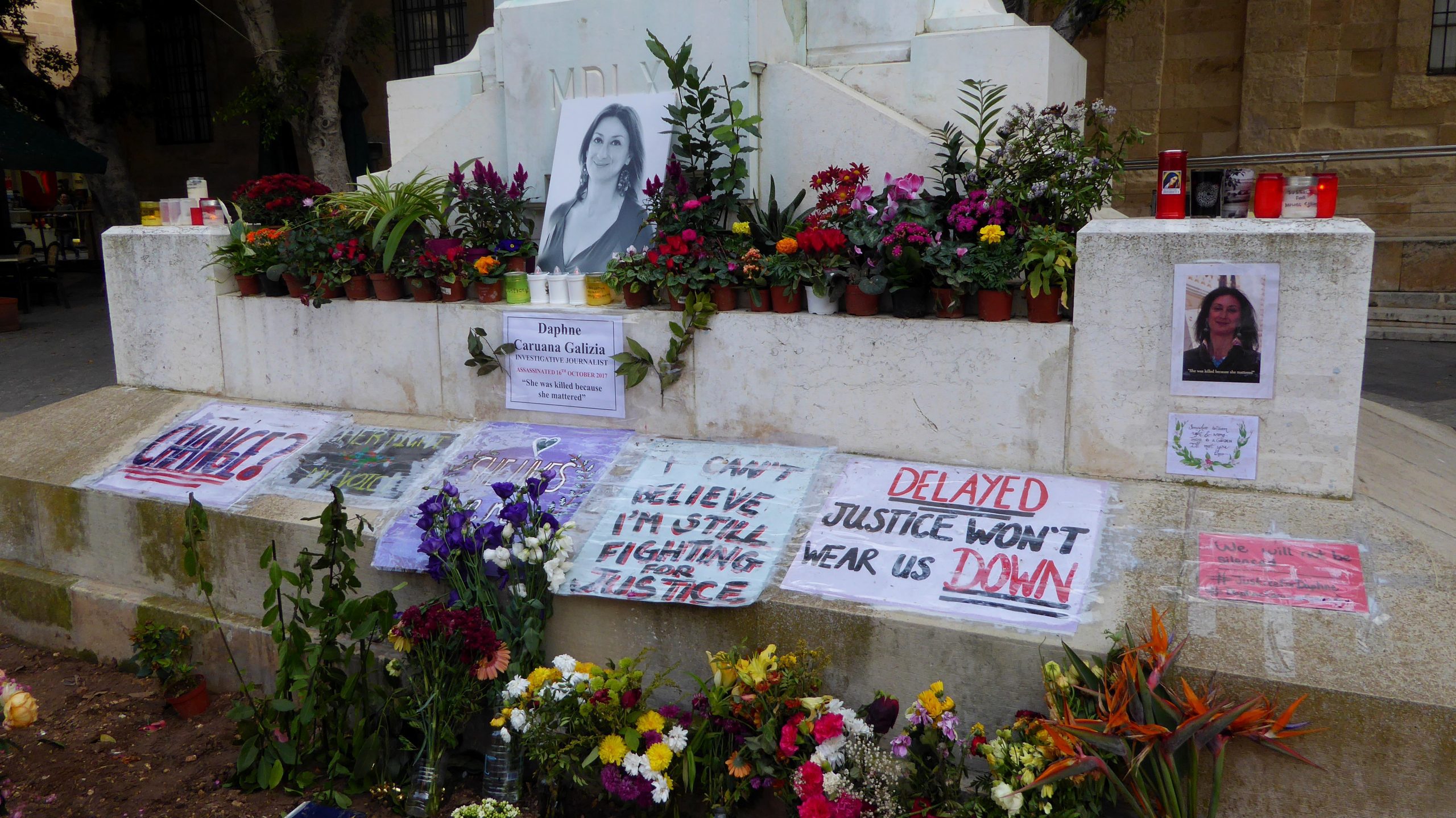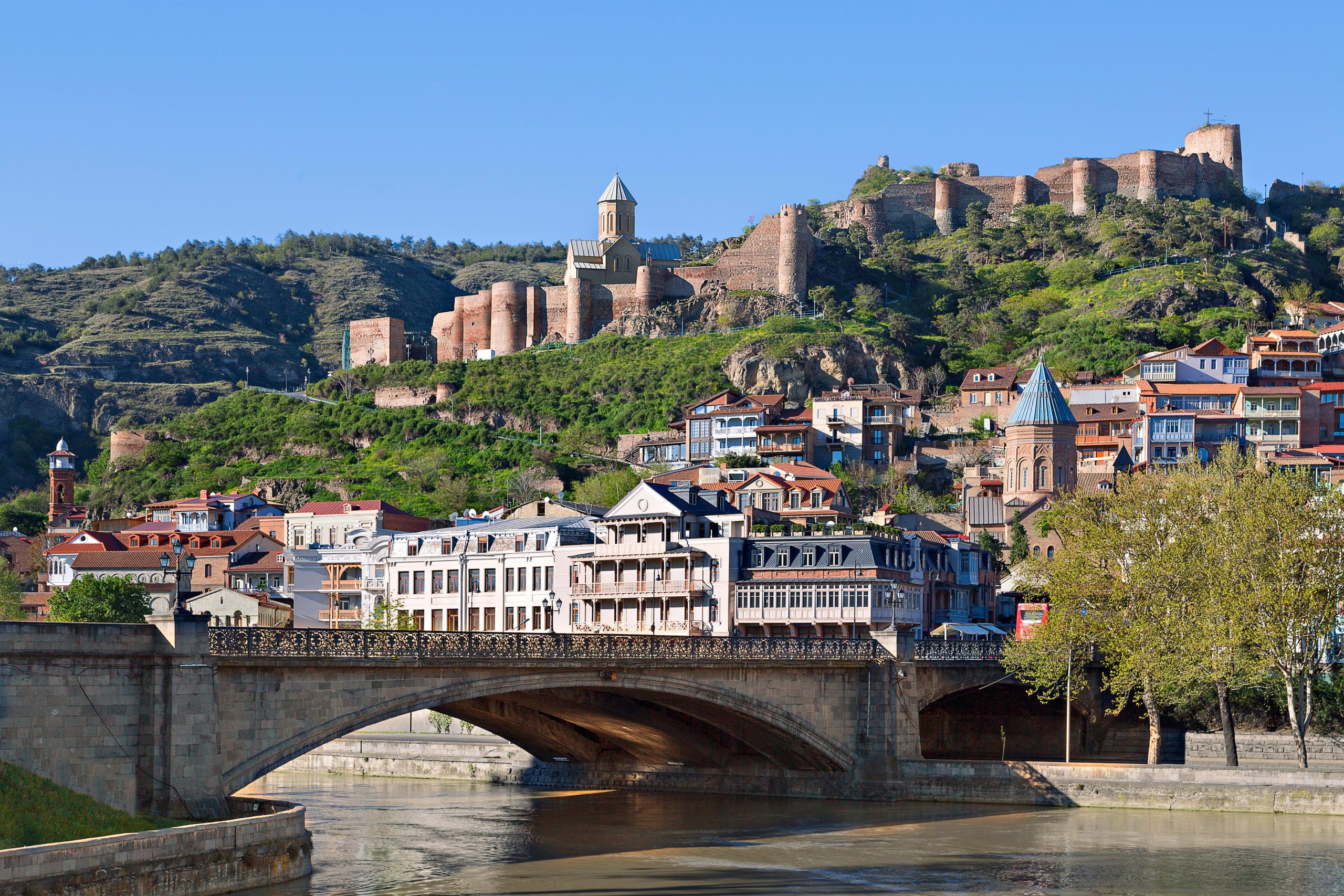Russia keeps adopting repressive laws that further restrict freedom of expression and other fundamental rights of its citizens, Andrei Aliaksandrau writes
President Vladimir Putin worked hard last Saturday, sacrificing his week-end to state affairs. He signed two laws, previously passed by the national parliament. The first one bans “propaganda of non-traditional sexual relationships”; it provides for heavy fines for “promotion of denial of traditional family values among minors.” The second law amends the Russian Criminal Code providing for up to one year in prison for “insult to religious feelings of believers.”
Adoption of both laws marks not only further deterioration of the freedom of expression situation in Russia, but also signals the country’s authorities ignore appeals from international community, human rights standards and their own international commitments.
Related
• Guest Post: International solidarity with Russian civil society is crucial
Last week Index together with 23 more human rights groups called the Parliamentary Assembly of the Council of Europe (PACE) to condemn the “homosexual propaganda” bans. We reminded about the decision of the UN Human Rights Committee that found prohibition of “homosexual propaganda” in Ryazan Region of Russia violating Article 19(2) and Article 26 of the International Covenant on Civil and Political Rights. The principles of that decision were later affirmed in the opinion of the Venice Commission, which considered that bans on “homosexual propaganda” are “incompatible with the ECHR and international human rights standards.”
On 27 June PACE called on Russia to reject the law. But only two days later President Putin inked it to show no one is allowed to interfere with his manner of ruling his “sovereign democracy.”
Another blow against the LGBT-community followed last Wednesday, when Vladimir Putin signed a law that bans adoption of Russian children by same-sex couples or even by citizens of countries where same-sex marriage is allowed.
One more legal act that received Putin’s signature on 3 July is the “anti-pirate” law aimed against web sites that illegally distribute copyrighted video content. It will come into force on 1 August 2013, despite criticism from key industry players. Leading web companies are concerned with provisions of the law that suggest corporate censorship.
“The law provides for a possibility of blocking of internet platforms by ISPs that we have always opposed to as it inevitably threatens resources of legal content distribution,” Svetlana Anurova, a representative of Google in Russia, told Digit.ru.
Russia keeps building repressive legislative network that restricts freedom of expression, as well as other fundamental rights. Previous legal initiatives brought to life included the notorious “foreign agent” law, aimed against NGOs that receive foreign funding, re-criminalisation of defamation, and creation of a blacklist of sites with “harmful” information under a pretext of child protection.
“Law-making the State Duma has been down to over the last year makes me question common sense of Russian MPs. It looks like they do believe they can regulate everything by laws, from street rallies to sexual relationships of citizens. Passing of such laws is an attempt to shift the focus of public attention from internal problems of Russia, people’s disaffection and questionable legitimacy of MPs themselves to search for enemies in ‘foreign agents’, LGBT community or ‘insulters’ of religious feelings,” Dmitry Makarov, a co-chair of the International Youth Human Rights Movement, told Index.
The scale and pace of passing repressive laws won the Russian State Duma a nickname of “a Crazy Printer.” And it does not seem to run out of paper and new ideas about what to restrict.




